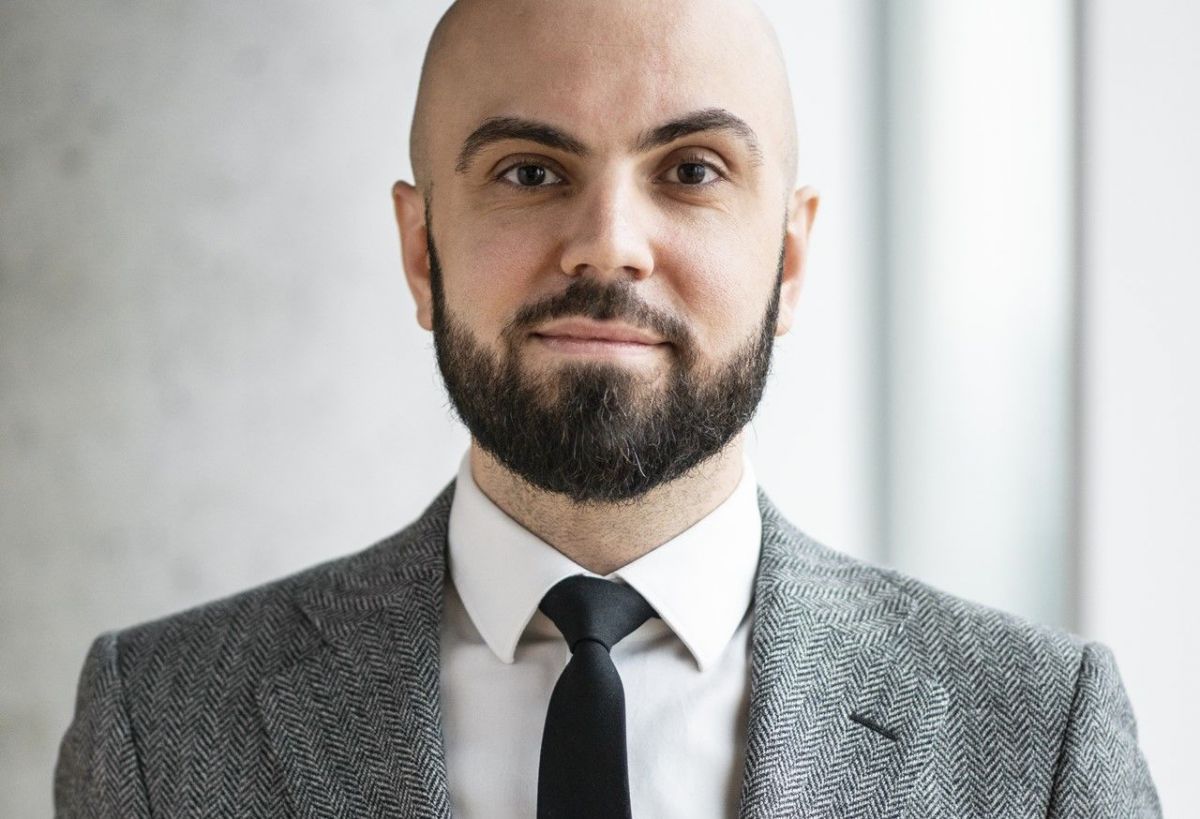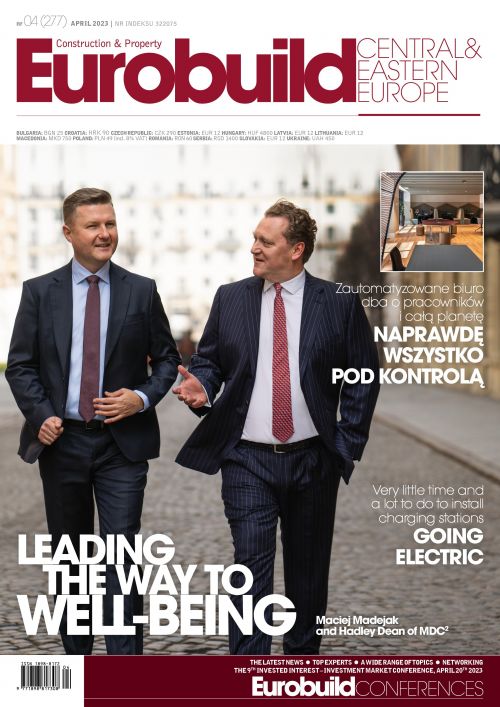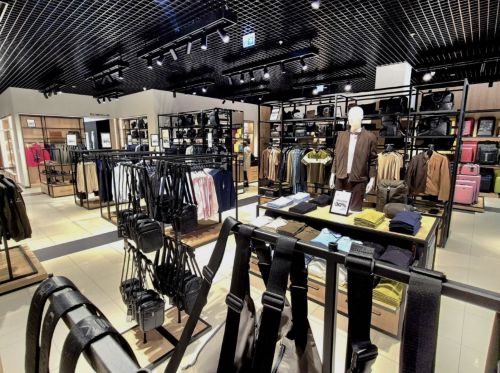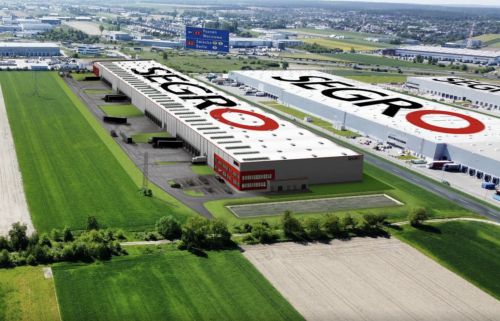What did you think of this year’s MIPIM fair?
Paweł Partyka, a partner at Cushman & Wakefield: My takeaway was how diametrically different it was from last year’s fair, in terms of the change in mood. Last year, we all came to Cannes just after the Russian invasion of Ukraine and so the atmosphere was uncertain, with polarised forecasts for Poland and the rest of Europe. However, this year at MIPIM you could see that people were a lot more cautious in their opinions, while funds were carefully setting out their future plans to navigate the turbulence on the global markets. The great news is that since last year the perception has improved of both Poland and the entire CEE region.
Does such caution mean that they are expecting worse months to come in terms of figures or transaction volumes?
It is a fact that the transaction process has become prolonged. It now takes much longer to attract bids or complete negotiations, which can result in lower volumes. However, the amount of





























































